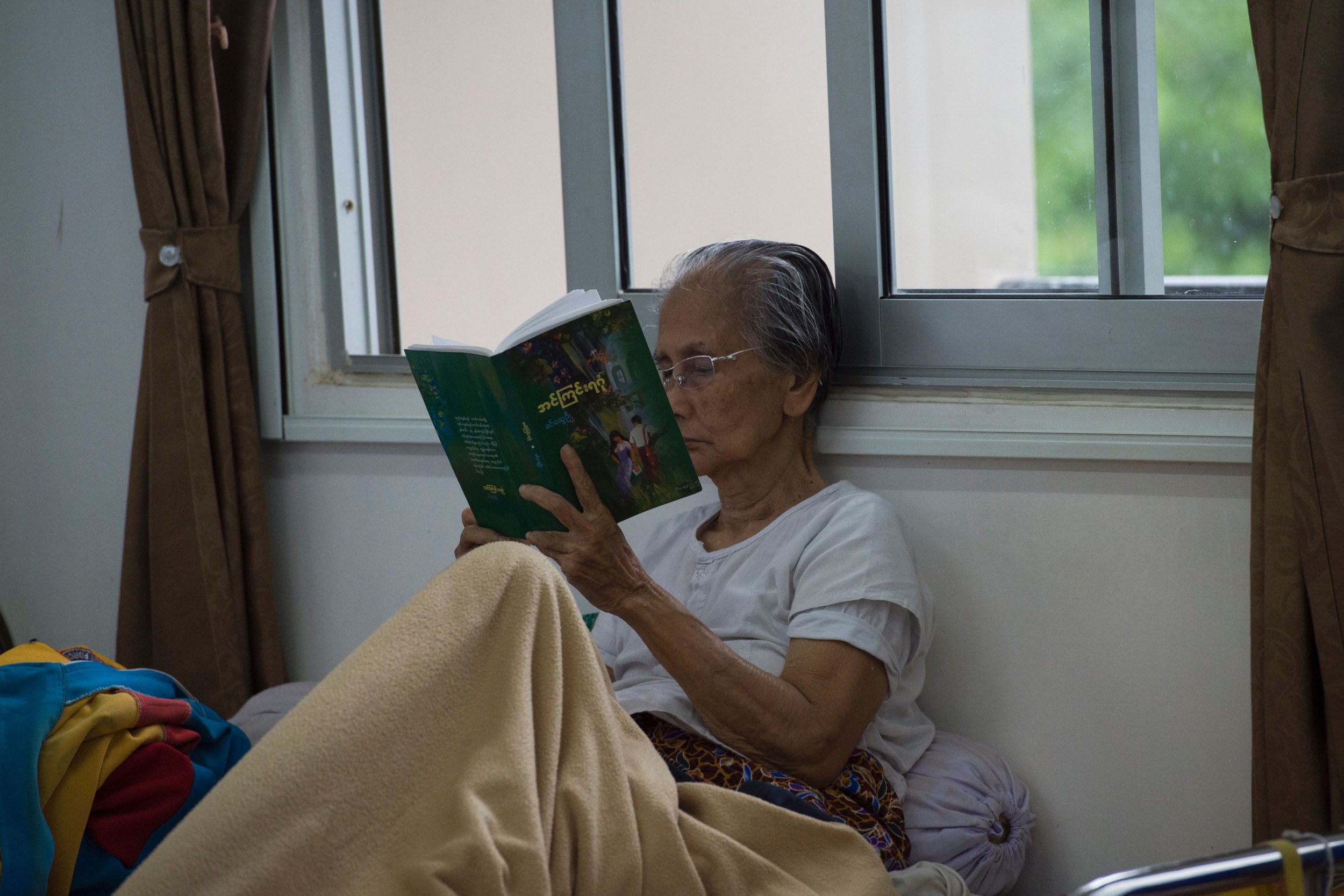
Dementia, increased cognitive decline, can be debilitating and interfere with a person's normal daily activities. Although there is no way to prevent the condition, early detection is important and new research shows there might be a way to predict who will be impacted through a blood test.
Related: Eating Salad Every Day Keeps Brains 11 Years Younger and Prevents Dementia, Study Shows
Alzheimer's Disease is the most common form of dementia and the sixth leading cause of death worldwide, according to the Alzheimer's Association. Up to half of the people impacted by the disease or other forms of dementia have not been diagnosed, but catching the conditions early improves access to support and medical care.
A new study indicates that early detection could one day be possible in the form of a blood test. In a study published this month in Alzheimer's & Dementia: The Journal of the Alzheimer's Association, found certain biomarkers linked to dementia risk.
For the research, scientists studied blood samples from 22,623 people from five countries. Of that, 995 developed some form of dementia. They found that certain lipoproteins—these carry cholesterol throughout the body—were linked to increased dementia risk. Additionally, people who had higher concentrations of branched-chain amino acids, creatinine (a waste product in the body) and two types of lipoproteins, were at reduced risk. There are 20 types of amino acids, either found in our bodies or in food, which keeps our tissue and muscles healthy.
Further research could make it possible for blood tests to assess dementia risk, the study authors believe. However, study co-author Dr. Sudha Seshadri of the University of Texas Health Science Center at Houston cautions it's not yet determined whether there's a causal relationship or if these biomarkers are early signs of the condition. But this study does give Seshadri hope.
"It is exciting to find new biomarkers that can help us identify persons who are at the highest risk of dementia," she said in a statement.
Uncommon Knowledge
Newsweek is committed to challenging conventional wisdom and finding connections in the search for common ground.
Newsweek is committed to challenging conventional wisdom and finding connections in the search for common ground.
About the writer
Melissa is a science writer covering health for Newsweek and has contributed to Inc., Dr. Oz The Good Life, Men's Fitness, Marie Claire and others. She earned ... Read more
To read how Newsweek uses AI as a newsroom tool, Click here.








